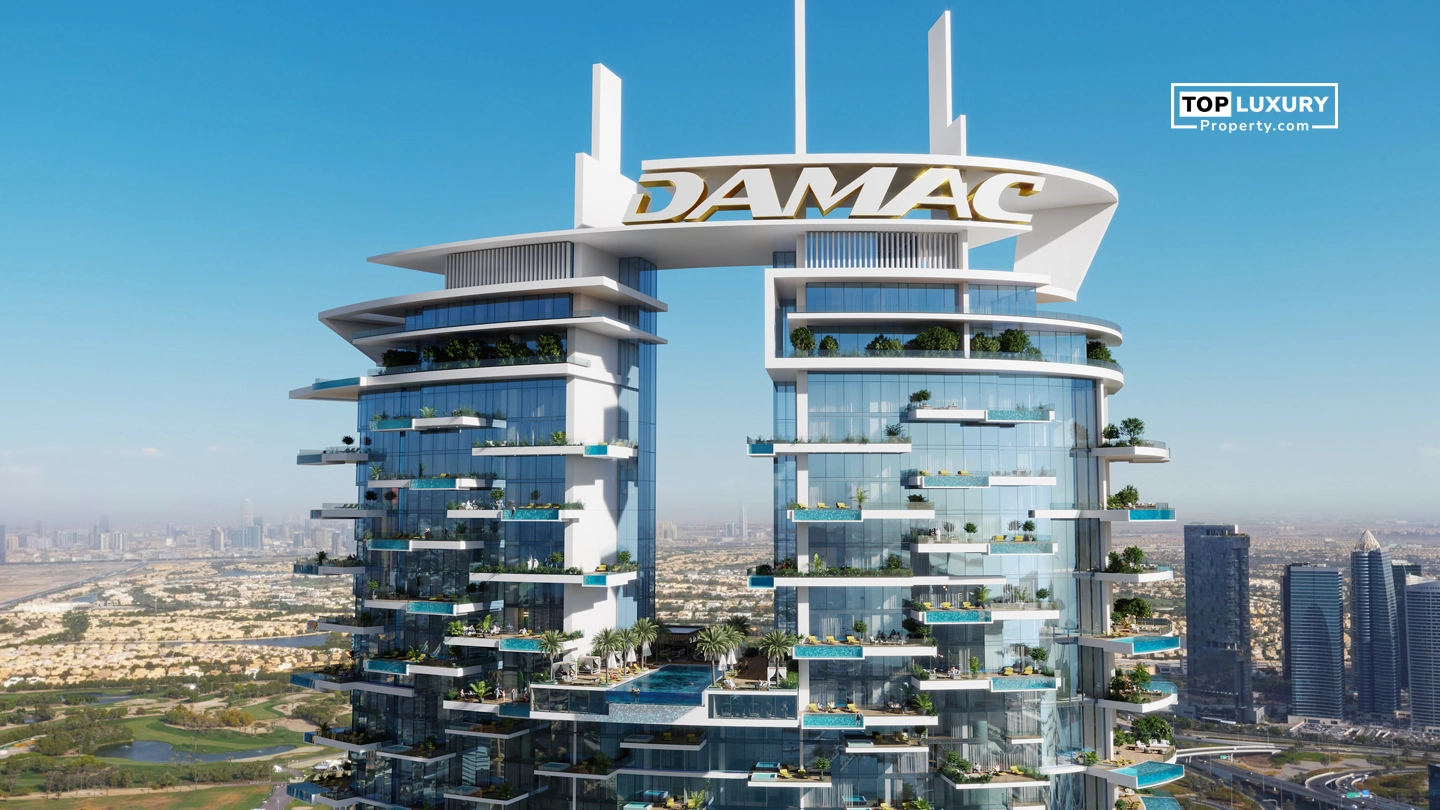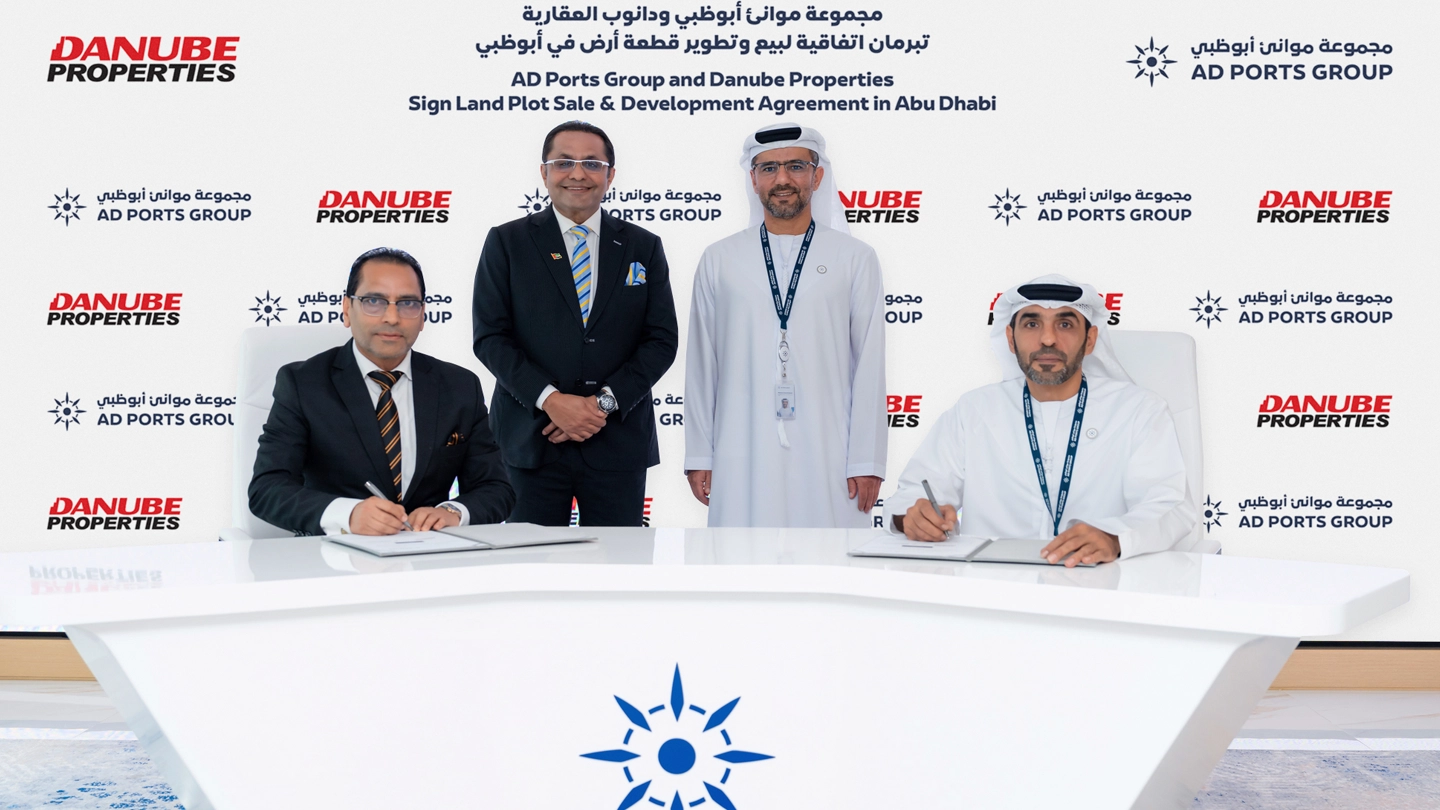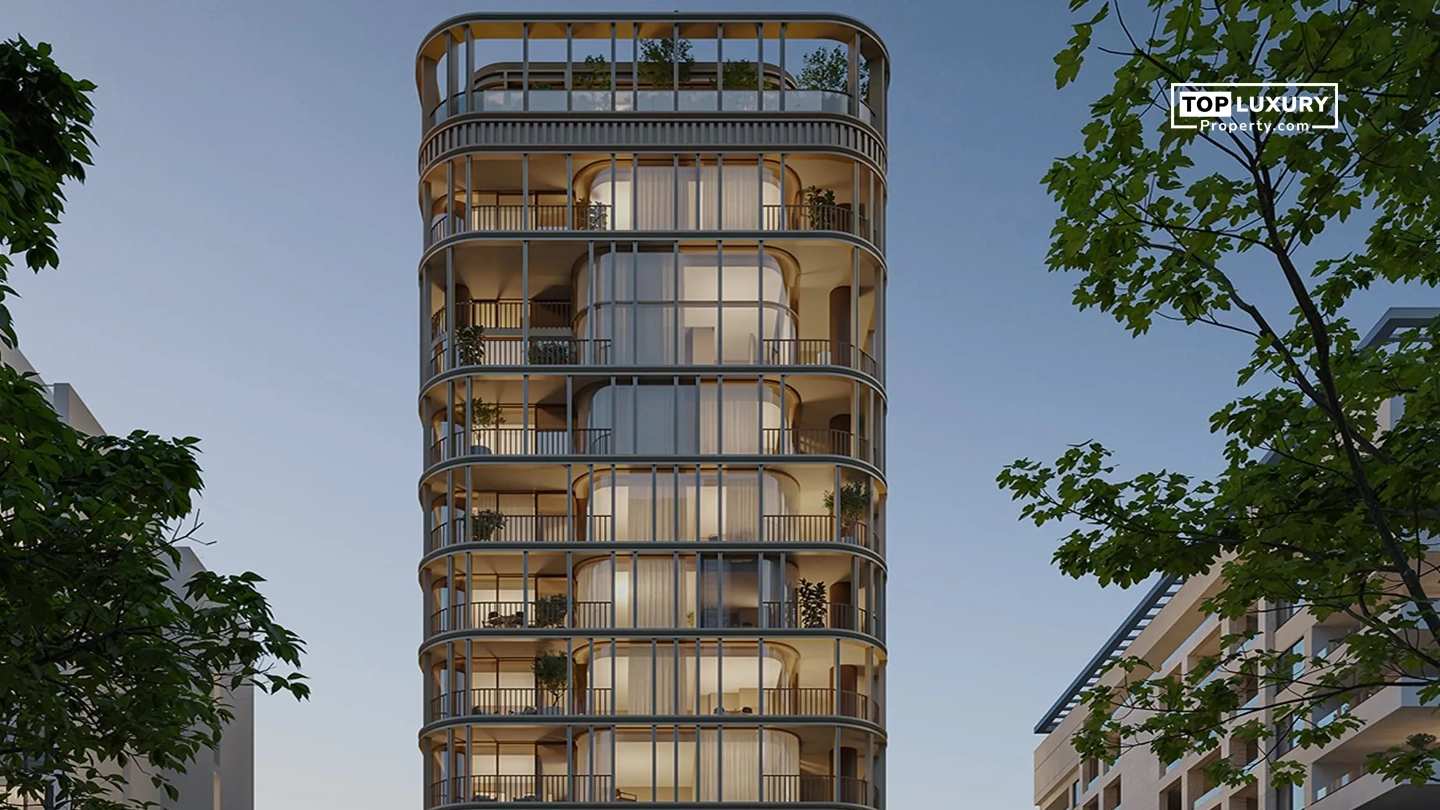 Jan 21, 2026
Jan 21, 2026Connect with a Professional
Find trusted experts to guide your real estate journey.

Dubai is witnessing a boom in its real estate sector post-pandemic with sales surpassing pre-pandemic times. The city has been attracting foreign investors owing to its stable political climate, growing economy, and other tax benefits. In addition, Dubai’s location between Europe, Asia, and Africa makes it a perfect hub for people in business.
According to real estate experts, the industry has contributed roughly 5.5% to its GDP and will continue to do so. However, real estate prices are going up steadily, making it almost impossible for home buyers to invest in one. As discouraging as it may sound, investors can learn about different financing options from the list below.
Top 8 Financing Options for Real Estate
Dubai Real Estate Market is ever-growing post-pandemic, with upcoming projects and communities in prime locations. Check out the financing options if you want to invest in a property or are a first-time home buyer.
Islamic Bank Financing
Many Islamic banks in Dubai abide by Sharia law, and it is a great financing option for purchasing a property. Based on the teachings of the Quran, it prohibits banks from charging excessive or no interest at all. One can get a Sharia-compliant mortgage under three categories: Ijara, Musharaka, and Murabaha.
Under Ijara, the bank or financial institution purchases the property for the buyer and leases it out to them. It is done for a fixed term and a fixed payment. Once the term is over, the buyer owns the property. In Mushakara, the buyer and the lender agree to purchase the property in partnership. Last but not least, under Murabaha, the lender purchases the property by paying the full amount and re-sells it at a higher price to the original buyer.
Home Loans
Banks in Dubai offer home loans to non-residents of Dubai who fulfill all the required criteria. For instance, potential home buyers must have resided in the city for six months to a year. Secondly, they must have active employment in Dubai for more than six months and a good credit history. If ex-pats run a business, it must be more than two years to be eligible for a loan.
Furthermore, locals can purchase their dream villa by getting home loans as they are already ideal candidates. Secondly, they must be between the age of twenty-one to sixty-five and have an active monthly income. Banks prefer those who earn somewhere between AED 15K to AED 25K. However, the income range can vary from one bank to the other.
Personal Loans
Many residents choose a personal loan over a home loan to pay for the downpayment of their house. However, getting a personal loan has both pros and cons, and one should weigh their options wisely.
Personal loans are available for both short-term and long term with the latter being the most common. The disadvantage of getting a long-term personal loan is the high-interest rate the buyer has to pay for years.
Joint Ownership
Real estate is an expensive affair, and it takes a lot of courage to take a long-term loan to invest in the market. However, with joint ownership, the burden can be lifted from one payer and shared between two or more owners. In joint ownership, two or more buyers can come together and contribute to buying a property.
Similarly, instead of one person applying for a home loan, two people can apply for a joint loan and share the responsibility of repaying it. This commonly applies to close friends and family who want to help one another. After the property is purchased and the loan repaid, the original buyer can pay the remaining amount to the others on their own time.
Take Mortgages
Getting a home mortgage from a local bank or a lender is a good idea if you want to purchase a property in Dubai. Some mortgage brokers help foreign investors get a lender willing to give a mortgage. Many lenders prefer offering mortgages to residents as they have a better chance of recovering the money if something goes wrong.
As per reports, Dubai’s mortgage lending limit is 25% of your monthly salary. However, the exact percentage will vary from person to person, depending on their lifestyle, credit score, other expenditures, etc. Moreover, if a buyer fails to pay the entire amount with interest to the lender, the property will automatically belong to the latter.
Off-plan Financing
Dubai’s real estate sector is growing by leaps and bounds, with numerous projects coming up in future. Many such projects are under construction and will be ready in the next five or ten years. Off-plan financing is a convenient payment option offered by builders to potential buyers.
They can pay a certain percentage of the actual price as a downpayment while booking and the remaining amount later. Usually, developers charge them the rest during the construction and the last chunk after the final handover.
Financing by the Developer
Some of the biggest developers in Dubai are offering to be the lender themselves. So buyers can avoid getting into a harrowing deal with brokers who may charge unfairly and eventually give them a deal they don’t like. Thus, buyers can contact and pay the developer directly in instalments within a given time frame.
Home Equity Release
According to this option, those already owning a property in Dubai can use the equity to take another loan. They can use this loan for various purposes, and one of them is to buy another property.
Conclusion
Dubai is attracting plenty of eyeballs in the real estate market. There is a spike in tourism and foreign nationals investing heavily in real estate owing to its ultra-modern architecture and luxury living. Dubai also houses the magnificent Burj Khalifa, Burj Al Arab, and one of the biggest waterparks.
Buying a house here is on every investor’s wish list in 2023. Thus, if you want to know which home is perfect for you, check out our website, topluxuryproperty, or get in touch with us today! We can guide you with the best properties for investment and living.
Table Of Content
Blog Categories
Recent Posts

 Jan 21, 2026
Jan 21, 2026
 Jan 19, 2026
Jan 19, 2026
 Dec 31, 2025
Dec 31, 2025
 May 02,2025
May 02,2025
 April 28,2025
April 28,2025


